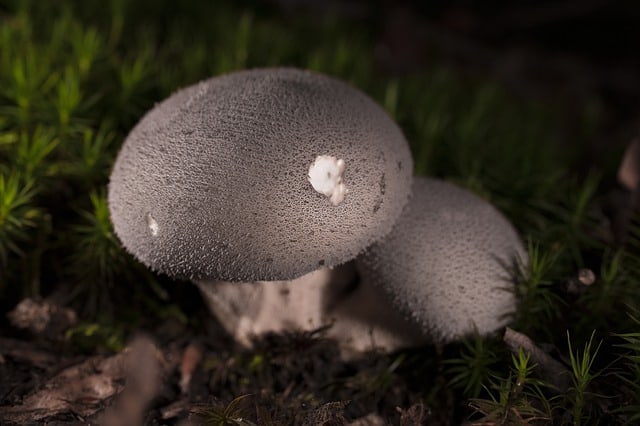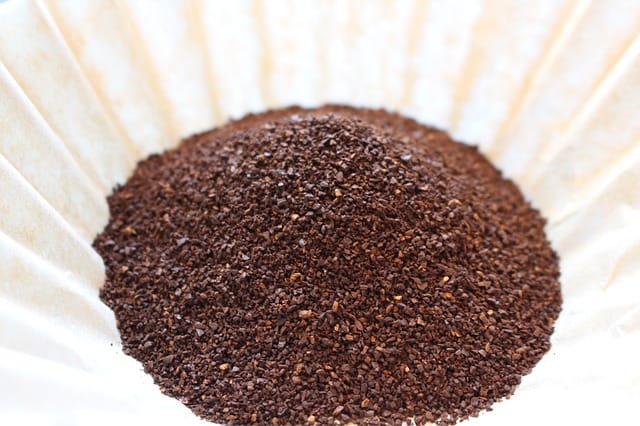Dried ginseng provides us with many health benefits. It’s known for its anti-inflammatory properties, as well as its high level of antioxidants. Dried ginseng can last up to five years or more, too. Ginseng is a hardy plant that has a lot to offer to help keep us healthy.
The ginseng plant fully matures at around five years. The roots, which is where dried ginseng comes from, live for centuries after that. In this article, we’re looking at the shelf life of dried ginseng along with some other interesting facts about this plant. Keep reading to find out how long you can keep dried ginseng and what it can do for you.
How Long Can Dried Ginseng Be Stored?
It’s tricky to say how long you should store dried ginseng. The reason is, dried ginseng doesn’t rot.
Most experts tell you not to keep it longer than about five years. It starts to lose some of its flavor and potency after that time.
Should you use dried ginseng that’s older than five years, it’s still ok. You just likely won’t taste it as much or get the same health benefits from it as you would from more recently dried ginseng.
How Should I Store Dried Ginseng?
Ginseng must be stored in a dry environment. It’s best to put dried roots in dark places, like pantries, cupboards, or drawers.
Several factors affect how long dried ginseng roots can last. There are others, but these are the most common.
- Moisture
- Temperature
- Light
- Pests
- Root size
- Oxygen
Let’s look closer at how each of these affects the shelf life of dried ginseng.
Moisture
Store ginseng roots in a dry environment. They also must be properly dried before being placed in storage.
Moisture can bring about mold that causes a lot of damage to the roots. Even small amounts of moisture can wreak havoc on the stored root by causing negative chemical reactions.
Temperature
Warm temperatures aren’t good for storing ginseng roots. It’s also not good when temperatures change too broadly.
Store the roots in colder temperatures to maximize their shelf life. Optimum temperatures are 40º F and below.
Light
Light accelerates the degradation of ginseng roots. Store them in total darkness, if possible.
Pests
Pests are referred to this way because they cause trouble. Insects and rodents may destroy ginseng roots if they get access to them.
Store the roots in a secured area. Avoid placing them in large bins outside, in garages, or sheds.
Root Size
Generally, the more surface area dried ginseng has, the longer its shelf life is. That means if you want the longest shelf life, store the roots whole.
You can store dried ginseng in slices or ground up, but the shelf life of these is much shorter than that of a whole root.
Oxygen
You don’t have to store dried ginseng roots with no oxygen exposure, but it helps. Oxygen speeds up the degradation process.
One way to deprive ginseng of any oxygen is to vacuum seal the roots in a bag. You may extend the shelf life of the root up to five years by storing it this way.
What Are the Benefits of Dried Ginseng?
Eastern medicine has used ginseng since ancient times. It comes in three main classifications–fresh, white, and red. The difference is in when the plants are harvested.
Many varieties exist, but the two most popular are Asian and American ginseng. They provide health benefits due to two important substances contained in the roots, gintonin and ginsenosides.
Read below for information about health benefits linked to taking ginseng supplements.
Reduces Inflammation
Studies have shown that dried ginseng helps reduce inflammation in people with eczema. It also helps reduce inflammation after exercise.
Powerful Antioxidant
Dried ginseng contains powerful antioxidants that support healthy skin, healthy enzyme activity, and better stress management. These also give a boost to your immune system and help the body fight off infections.
Boosts Energy
Research links ginseng to boosts in energy levels. Polysaccharides and oligopeptides cause a reduction in oxidative stress, which in turn raises cellular energy production.
Dried ginseng is shown to reduce fatigue in studies with patients suffering from chronic fatigue. It’s also been studied with cancer survivors and was shown to lessen fatigue.
Improves Cognitive Function
Ginseng is linked to increased focus, better memory, and enhanced mood. It’s also thought to provide protection from brain-damaging free radicals.
There’s some question surrounding how ginseng improves brain function. Some argue that it helps stabilize blood sugar, which lessens mental fatigue allowing for better focus. Others believe it’s the compounds found in ginseng themselves that make the difference.
Helps Treat Erectile Dysfunction
Since ginseng reduces oxidative stress, it helps restore the blood vessels in the penis. That allows for better blood flow in and out.
Ginseng also supports the body’s ability to produce nitric oxide. Nitric oxide helps your muscles relax, which leads to better circulation of blood.
Decreases Blood Sugar
Ginseng boosts energy production in cells, including those of the pancreas. That means pancreatic cells work better for producing insulin and taking in blood sugar for use by tissues. This is beneficial to both people with and without diabetes.
How Do I Use Dried Ginseng?
Taking in dried ginseng is as simple as purchasing ginseng supplements at the store and taking it in capsule form. But there are other ways to get it, too.
Try using dried ginseng in the following ways.
- Add some dried ginseng powder to your morning cup of coffee.
- Mix dried ginseng powder into a breakfast smoothie or protein shake.
- Put dried ginseng roots into any soup based in chicken broth.
- Stir dried ginseng powder into brewing iced tea.
- Add ginseng prongs in with whole coffee beans for grinding.
Are There Any Side Effects to Taking Ginseng?
Occasional side effects include mild insomnia or nervousness. Taking too much ginseng can cause more significant symptoms, such as dizziness, headaches, or upset stomachs. If you experience any of these, stop taking ginseng.
Hi, I’m John Stephens, chief editor and writer for Totalgardener.com. I’ve been gardening and raising animals for over 15 years starting with a small backyard plot in Northern Virginia where I grew corn, potatoes, squash, and using a high mulch technique called the Ruth Stout Method. I also raised ducks and small mammals for meat and eggs in a movable pen similar to the ones used by Joel Salatin. I later moved to Colorado where I experimented with growing greens using aquaponics inside. I eventually added a microgreens setup and home sprouting operation. I’m excited to share everything I’ve learned plus more from the other local gardening and animal raising experts I know.



